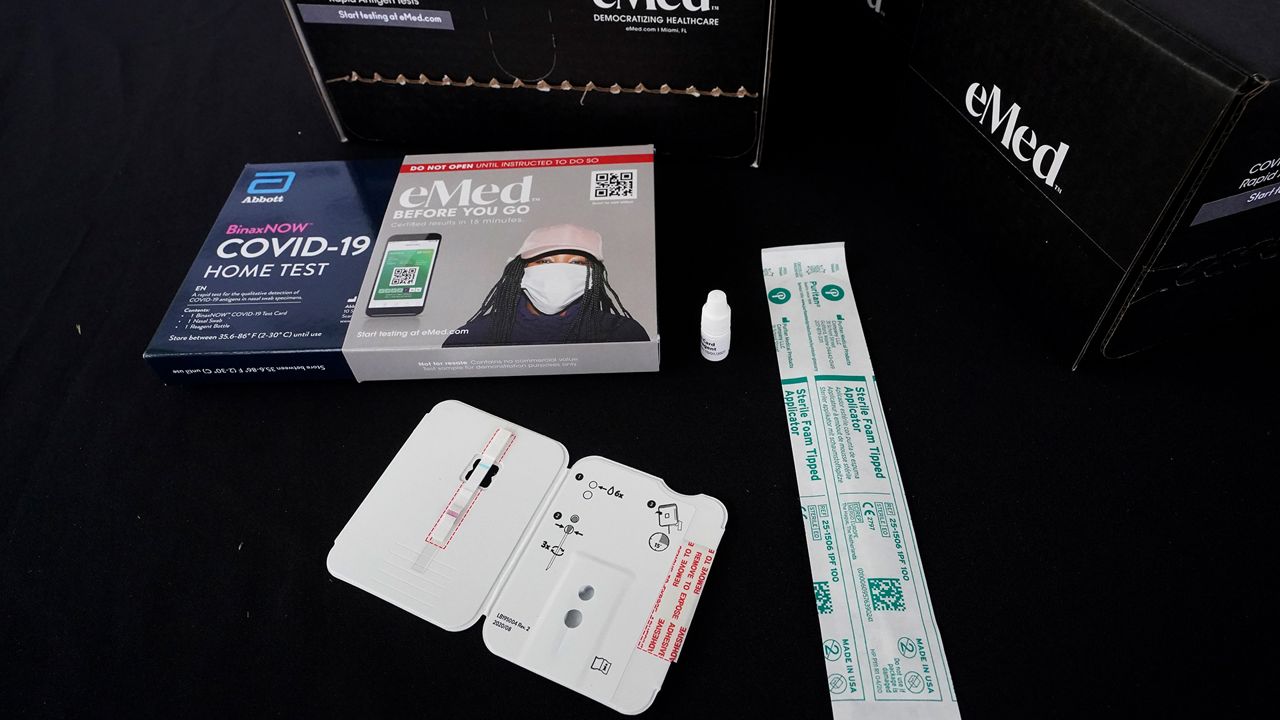COLUMBUS, Ohio — The Ohio Department of Health received approval on Monday to purchase 2.8 million proctored at-home tests for $71 million.
What You Need To Know
- The Ohio Controlling Board approved major funding requests for testing
- The Department of Health said the home tests will be used for schools
- The tests, which are proctored through telehealth, cost $25 per unit
The state intends to use these tests as the “foundation” of its testing strategy for schools through the rest of the school year, the funding request said.
School districts in Ohio have been sending these tests home with students. The kits require a telehealth visit so a proctor can monitor the test.
The Ohio Controlling Board appropriated a total of $172.1 million in federal COVID-19 relief dollars, state Sen. Vernon Sykes, a member of the board, said in a statement Monday commending the release of funds.
In addition to the home tests purchase, the board approved the health department’s request for $75 million to contract with lab testing services, including Thermo Fisher’s Life Technologies Corp., Quest Diagnostics and the Cleveland Clinic Foundation, among others.
The at-home tests will cost the state $25 per unit plus shipping and handling fees. The request said the tests, which are the 15-minute Abbott BinaxNOW COVID-19 Ag Card Home Test, will be purchased from eMed Labs, Abbott’s telehealth partner.
“Due to an increase in demand for COVID-19 At-Home Tests, our inventory has decreased rapidly and the supply chain to purchase other COVID-19 at-home test kits is limited and not enough to meet current demands. This purchase will allow ODH to supply at-home tests across the State,” the request said.
Since January of last year, Ohio has purchased and distributed more than 5.4 home tests, officials said. The health department cited a “critical need” for more tests due to the high demand for testing that followed the emergence of new variants.
The $75 million allocation will allow the health department to extend contracts with five labs that “continue to play integral roles in the state's pandemic response."
The funds will support community-based testing, genomic sequencing efforts to track mutations in the virus, testing in long-term care facilities and the procurement of testing supplies and reagents.



